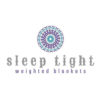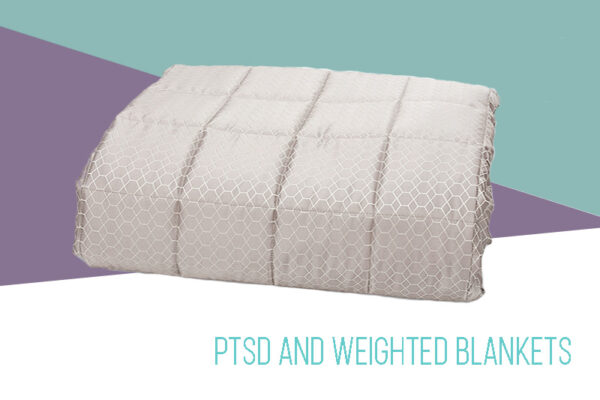All products are selected by our Sleep Tight Weight Blanket editors. If you buy something through our links as an Amazon Associate we earn from qualifying purchases.
What is PTSD?
Post-traumatic stress syndrome is psychiatric condition that is manifests in people who have been victims or witnesses to traumatic events, experiences or situations. These traumatic experiences can range from abuse as a child or surviving a terrible car accident. A popular example is a soldier who panics when he/she hears anything that sounds like gun or artillery fire, such as fireworks.
Although the mention of PTSD often directs the attention of people towards the military or veterans who have seen war, it is more common than people realize. In fact, the American Psychiatric Association estimates that 3.5 percent of adults in the United States will be diagnosed with PTSD. In addition to this, one in eleven people, majority of whom would be women are going to be diagnosed with the condition in their lifetime. In other words, women are more likely to have PTSD than men.
How to spot PTSD
PTSD manifests itself through a number of symptoms that many of us might have overlooked in ourselves or people close to us. However, it is important to note that recognizing these symptoms does not displace the position of a certified professional who are responsible and in a better position to make diagnosis.
One of the most common symptoms of PTSD in people suffering from the condition is flashbacks. In other words, the traumatic experience that caused the PTSD is being experienced all over again through various triggers. Going back to the example of the soldier mentioned above, sounds – such as fireworks or a motorcycle backfiring – can remind the soldier of when he/she was on the battlefront. Closely related to this symptom is the avoidance of certain triggers. Because a veteran is now aware (consciously or unconsciously) of their reactions to fireworks, they may begin to avoid situations or events – such as New Year or Independence Day celebrations – where fireworks is part of the activities. The end effect of these symptoms is the brain and the body becomes consistently at alert in order to spot these memory triggers. Along with these alertness is difficulty in concentration or developing varying sleeping disorders such as insomnia.
Treating PTSD
There are many treatment options available for people suffering with PTSD. However, due to high costs of proven treatment methods such as the cognitive process therapy, stress inoculation training, prolonged exposure therapy, and medications, etc., many people have looked alternative ways for dealing with their condition. One of the alternative ways that have gained prominence in recent years is the use of weighted blankets.
Weighted Blankets and PTSD
Weighted blankets have a number of benefits that majorly attack the sleeping disorders that PTSD might lead to. The first benefit of weighted blankets is the reduction of heart rate, and the relaxation of the nervous system, thanks to what is called the deep pressure technique in therapy. Also, the relaxation of the nervous system leads to the reduction in the production of what is called the stress hormone or cortisol. When the production of this hormone is reduced, it then becomes easier to fall asleep. Closely related to this is the production of serotine hormone which is responsible for improving our mood, and/or the feeling of contentment. All of these benefits is possible due to the heavy weight – usually six to thirty pounds – of these blankets. In addition to this, health professionals have recommended getting a weighted blanket that is 10% of the body weight as this helps reduce the amount of shifting and fidgeting during sleep.


